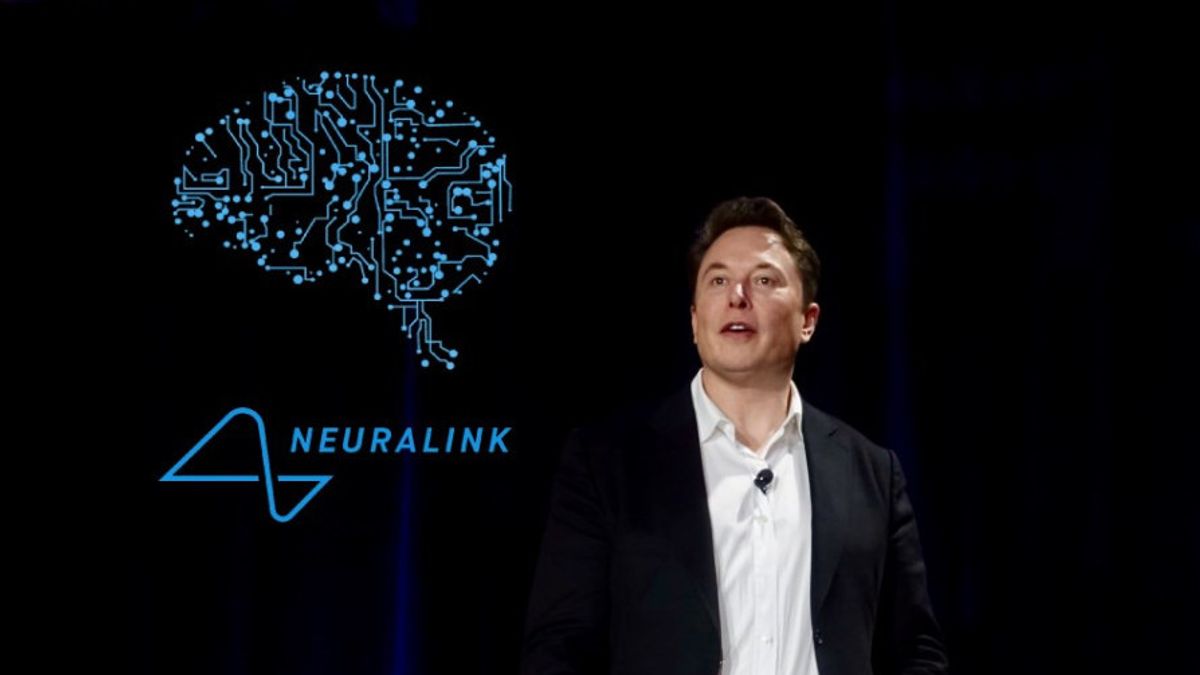Elon Musk on Wednesday announced that the first human patient will soon receive a Neuralink device. “The first human patient will soon receive a Neuralink device. This ultimately has the potential to restore full-body movement,” Musk said in a post on X.
“In the long term, Neuralink hopes to play a role in AI risk civilizational risk reduction by improving human to AI (and human to human) bandwidth by several orders of magnitude,” he further said, adding, “Imagine if Stephen Hawking had had this.”
Earlier on Tuesday, Nueralink announced that recruitment is open for our first-in-human clinical trial. “We’re excited to announce that recruitment is open for our first-in-human clinical trial! If you have quadriplegia due to cervical spinal cord injury or amyotrophic lateral sclerosis (ALS), you may qualify. Learn more about our trial by visiting our recent blog post,” Neuralink posted on X.
“The PRIME Study (short for Precise Robotically Implanted Brain-Computer Interface) – a groundbreaking investigational medical device trial for our fully-implantable, wireless brain-computer interface (BCI) – aims to evaluate the safety of our implant (N1) and surgical robot (R1) and assess the initial functionality of our BCI for enabling people with paralysis to control external devices with their thoughts,” it said.
“During the study, the R1 Robot will be used to surgically place the N1 Implant’s ultra-fine and flexible threads in a region of the brain that controls movement intention. Once in place, the N1 Implant is cosmetically invisible and is intended to record and transmit brain signals wirelessly to an app that decodes movement intention. The initial goal of our BCI is to grant people the ability to control a computer cursor or keyboard using their thoughts alone,” it added.
Neuralink further said that “the PRIME Study is being conducted under the investigational device exemption (IDE) awarded by the FDA in May 2023 and represents an important step in our mission to create a generalized brain interface to restore autonomy to those with unmet medical needs.”
“Those who have quadriplegia due to cervical spinal cord injury or amyotrophic lateral sclerosis (ALS) may qualify,” it added.














